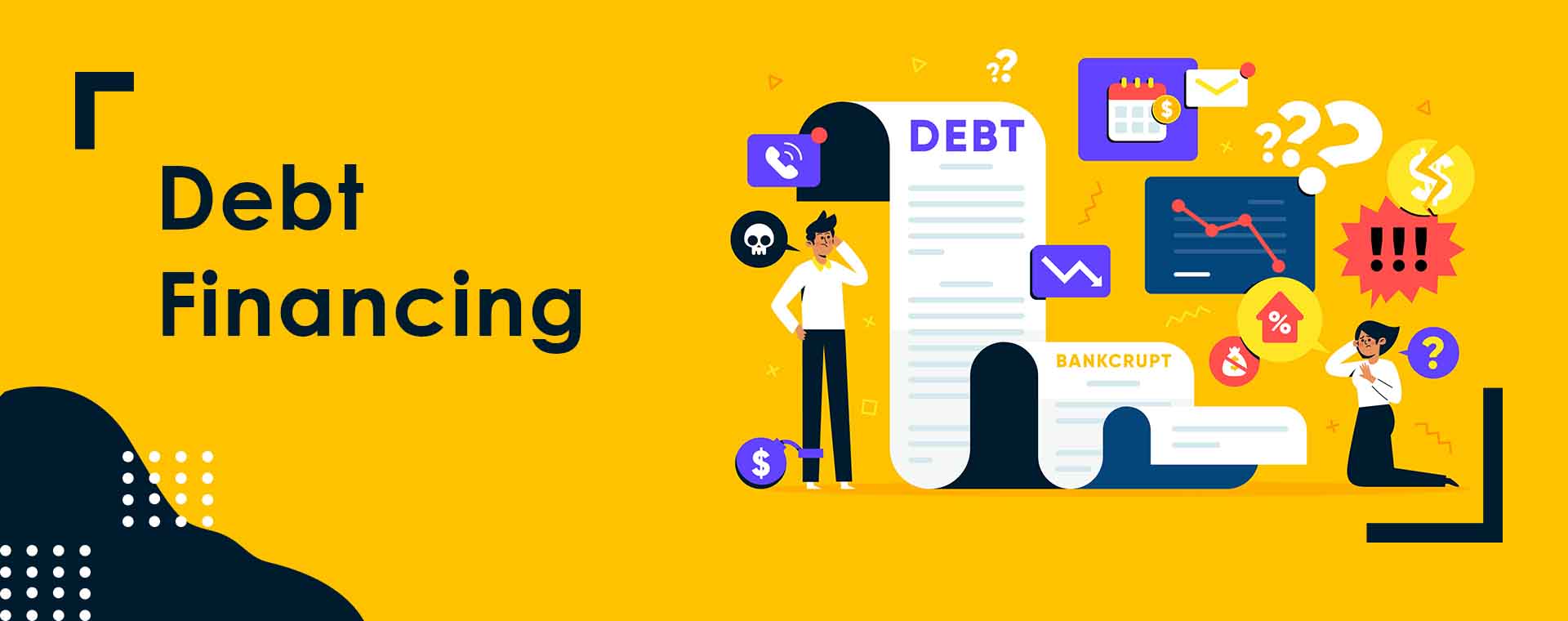Understanding Conflict
Conflict happens when people do not agree. It can occur between friends, family members, classmates, or even strangers. Sometimes, conflicts arise from misunderstandings, different opinions, or feelings of unfairness. If not handled properly, conflicts can cause stress, sadness, or even anger. However, ASR1R Relationship Experts learning how to resolve conflicts in a peaceful way can make relationships stronger and life happier.
Why Conflict Resolution Is Important
When conflicts are not solved, they can grow into bigger problems. People may stop talking to each other, feel hurt, or even become enemies. On the other hand, solving conflicts in a respectful and fair way can help people understand each other better. It teaches patience, kindness, and problem-solving skills. Conflict resolution is important because it helps people live and work together without unnecessary arguments or fights.
Common Causes of Conflict
Conflicts happen for many reasons. Some of the most common causes include:
Misunderstandings
People may argue because they do not understand each other. Sometimes, words or actions are taken the wrong way, leading to hurt feelings.
Different Opinions
Everyone has their own way of thinking. When people strongly believe in their opinions, they may have disagreements.
Unfair Treatment
People want to be treated with respect. When someone feels they are treated unfairly, they may get upset and argue.
Competition
Whether in school, sports, or work, people often compete. If the competition is not friendly, it can lead to conflicts.
Lack of Communication
Not talking about problems can make them worse. If people do not express their thoughts and feelings, misunderstandings can grow.
Steps to Solve Conflicts
Conflict resolution is the process of solving problems in a fair and peaceful way. Here are some steps to resolve conflicts effectively:
Stay Calm
When people are angry, they may say or do things they regret later. Taking deep breaths and staying calm helps in thinking clearly.
Listen Carefully
Listening is an important skill in resolving conflicts. Each person should listen to the other without interrupting. This helps everyone understand the situation better.
Express Your Feelings
Instead of blaming others, it is better to explain how you feel. Using sentences like “I feel hurt when…” or “I was upset because…” helps others understand your point of view.
Find a Solution Together
Both sides should try to come up with a solution that works for everyone. It is important to be fair and willing to compromise.
Apologize and Forgive
If someone made a mistake, saying “I’m sorry” can help fix the problem. Forgiving others also helps in moving forward and keeping relationships strong.
How to Avoid Conflicts
While conflicts are a part of life, there are ways to prevent them:
Communicate Clearly
Speaking honestly and clearly can prevent misunderstandings. It is important to say what you mean and listen to what others have to say.
Respect Others
Treating people with kindness and respect makes conflicts less likely. Even if someone has a different opinion, they deserve to be heard.
Stay Positive
A positive attitude can help solve problems before they turn into conflicts. Being open-minded and understanding helps in avoiding arguments.
Walk Away When Necessary
If a situation becomes too heated, it may be best to step away and return later when everyone is calm. This prevents saying hurtful things in anger.
Real-Life Examples of Conflict Resolution
Conflict Between Friends
Emma and Lily argued because Emma borrowed Lily’s book and lost it. Instead of staying angry, they talked about it. Emma apologized, and Lily forgave her. They agreed that Emma would replace the book, and their friendship remained strong.
Conflict in School
Two classmates, Jake and Ryan, both wanted to play the same position in a soccer game. They talked to their coach, who helped them find a solution. They took turns playing the position, which made the game fair for both of them.
Family Conflict
Anna and her brother argued over who got to use the tablet first. Their parents helped them create a schedule so they could share it fairly. This stopped future arguments and made both of them happy.
The Benefits of Conflict Resolution
Conflict resolution helps people build better relationships. It teaches important life skills like communication, patience, and problem-solving. It also reduces stress and makes life more peaceful. Instead of holding onto anger, people learn to solve their problems in a way that makes everyone happy.
Conclusion
Conflict is a natural part of life, but it does not have to be negative. Learning how to handle disagreements calmly and respectfully makes relationships stronger. By listening, understanding, and working together, people can solve conflicts peacefully. Conflict resolution is a valuable skill that everyone should learn to create a happier and more peaceful world.










